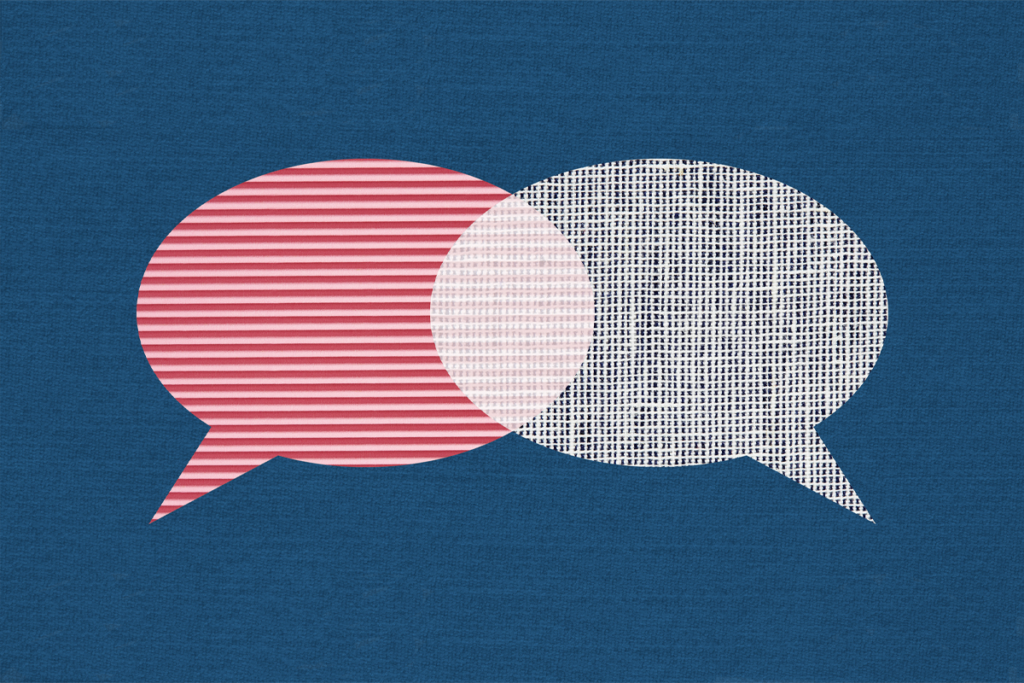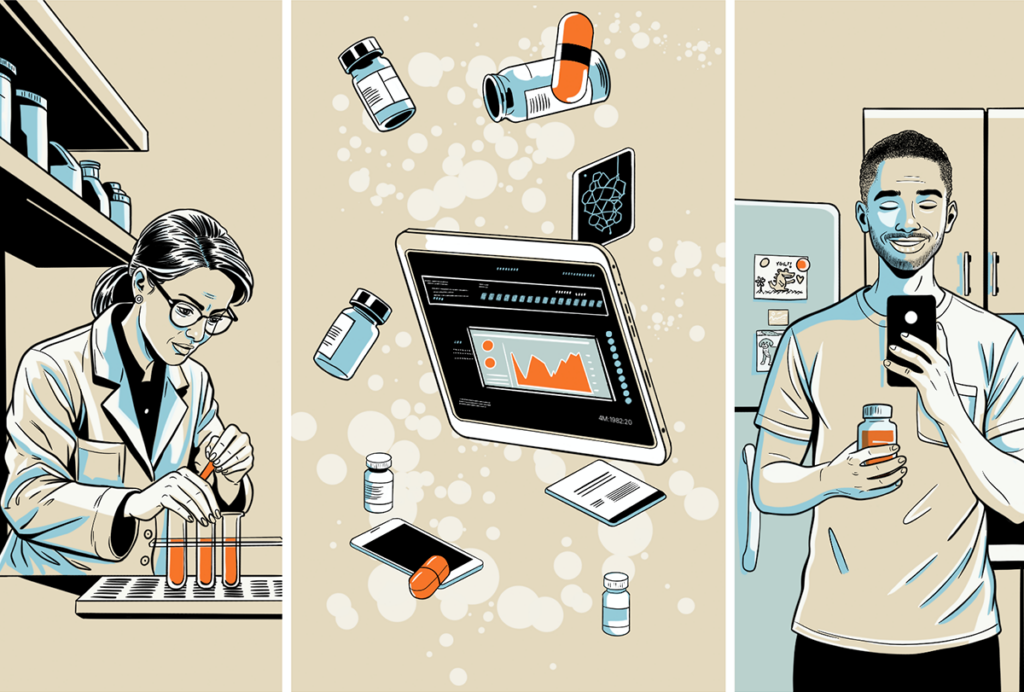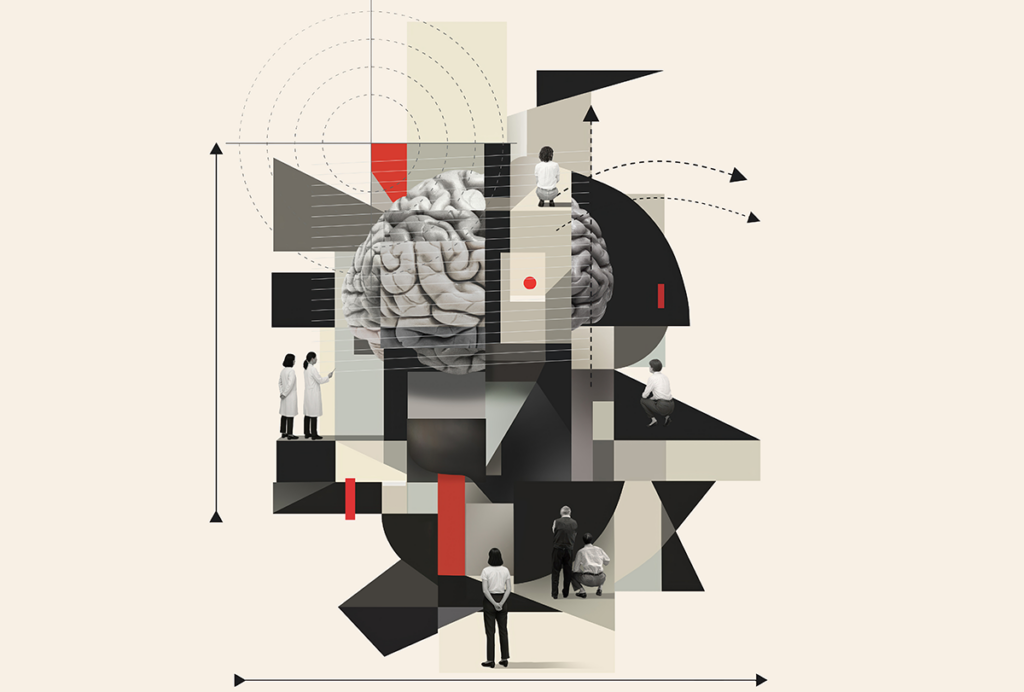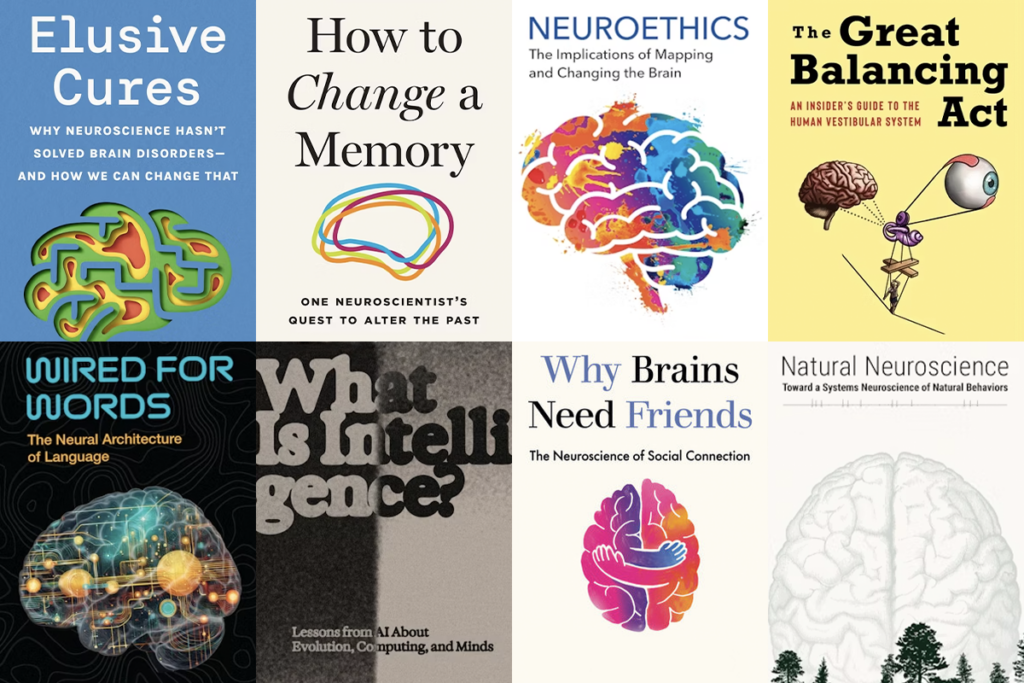Education
Recent articles
Talking shop: The Transmitter’s top quotes of 2025
Find out what “may be one of the brain’s most underappreciated superpowers” and why it’s so crucial to “talk about our research in our everyday lives.”

Talking shop: The Transmitter’s top quotes of 2025
Find out what “may be one of the brain’s most underappreciated superpowers” and why it’s so crucial to “talk about our research in our everyday lives.”
How will neuroscience training need to change in the future?
Training in computational neuroscience, data science and statistics will need to expand, say many of the scientists we surveyed. But that must be balanced with a more traditional grounding in the scientific method and critical thinking. Researchers noted that funding concerns will also affect training, especially for people from underrepresented groups.

How will neuroscience training need to change in the future?
Training in computational neuroscience, data science and statistics will need to expand, say many of the scientists we surveyed. But that must be balanced with a more traditional grounding in the scientific method and critical thinking. Researchers noted that funding concerns will also affect training, especially for people from underrepresented groups.
Is neuroscience a coherent field? Or is it becoming more fragmented?
The latter, say about half of the neuroscientists we surveyed. They note the sheer volume of research being generated, an increasing trend toward specialization in neuroscience education, and competition among labs. About another quarter told us it is “becoming much more interconnected.”

Is neuroscience a coherent field? Or is it becoming more fragmented?
The latter, say about half of the neuroscientists we surveyed. They note the sheer volume of research being generated, an increasing trend toward specialization in neuroscience education, and competition among labs. About another quarter told us it is “becoming much more interconnected.”
The state of neuroscience in 2025: An overview
The Transmitter presents a portrait of the field through four lenses: its focus, its output, its people and its funding.

The state of neuroscience in 2025: An overview
The Transmitter presents a portrait of the field through four lenses: its focus, its output, its people and its funding.
Our searchable repository of useful research can restore trust in federally funded basic science
Called U.S. Public Research Benefits, the database showcases the value of basic science in an easy and accessible format.

Our searchable repository of useful research can restore trust in federally funded basic science
Called U.S. Public Research Benefits, the database showcases the value of basic science in an easy and accessible format.
Neuroscience needs engineers—for more reasons than you think
Adopting an engineering mindset will help the field focus its research priorities.

Neuroscience needs engineers—for more reasons than you think
Adopting an engineering mindset will help the field focus its research priorities.
First Pan-African neuroscience journal gets ready to launch
With lower-than-average article processing fees, and issues dedicated to topics important to the continent, the journal hopes to give African neuroscience research much-needed international visibility.

First Pan-African neuroscience journal gets ready to launch
With lower-than-average article processing fees, and issues dedicated to topics important to the continent, the journal hopes to give African neuroscience research much-needed international visibility.
Bringing neuroscience to rural Mexico: In conversation with Mónica López-Hidalgo
By offering education and translating scientific terms into Indigenous languages, López-Hidalgo’s outreach program, Neurociencias Para Todos, provides schoolteachers with tools to bring neuroscience to their communities.
Bringing neuroscience to rural Mexico: In conversation with Mónica López-Hidalgo
By offering education and translating scientific terms into Indigenous languages, López-Hidalgo’s outreach program, Neurociencias Para Todos, provides schoolteachers with tools to bring neuroscience to their communities.
Llevando la neurociencia al México rural: En conversación Mónica López-Hidalgo
A través de la educación y traducción de términos científicos en lenguas indígenas, el programa Neurociencias Para Todos provee de herramientas a maestros para llevar la neurociencia a sus comunidades.
Llevando la neurociencia al México rural: En conversación Mónica López-Hidalgo
A través de la educación y traducción de términos científicos en lenguas indígenas, el programa Neurociencias Para Todos provee de herramientas a maestros para llevar la neurociencia a sus comunidades.
The Transmitter’s reading list: Six upcoming neuroscience books, plus notable titles in 2025
Dig into an exploration of the fundamental aspects of intelligence, a new textbook about theoretical neuroscience and a memoir about memory research, among other new releases.

The Transmitter’s reading list: Six upcoming neuroscience books, plus notable titles in 2025
Dig into an exploration of the fundamental aspects of intelligence, a new textbook about theoretical neuroscience and a memoir about memory research, among other new releases.
Explore more from The Transmitter
Dendrites help neuroscientists see the forest for the trees
Dendritic arbors provide just the right scale to study how individual neurons reciprocally interact with their broader circuitry—and are our best bet to bridge cellular and systems neuroscience.

Dendrites help neuroscientists see the forest for the trees
Dendritic arbors provide just the right scale to study how individual neurons reciprocally interact with their broader circuitry—and are our best bet to bridge cellular and systems neuroscience.
Two primate centers drop ‘primate’ from their name
The Washington and Tulane National Biomedical Research Centers—formerly called National Primate Research Centers—say they made the change to better reflect the breadth of research performed at the centers.

Two primate centers drop ‘primate’ from their name
The Washington and Tulane National Biomedical Research Centers—formerly called National Primate Research Centers—say they made the change to better reflect the breadth of research performed at the centers.
Post-infection immune conflict alters fetal development in some male mice
The immune-conflict between dam and fetus could help explain sex differences in neurodevelopmental conditions.

Post-infection immune conflict alters fetal development in some male mice
The immune-conflict between dam and fetus could help explain sex differences in neurodevelopmental conditions.